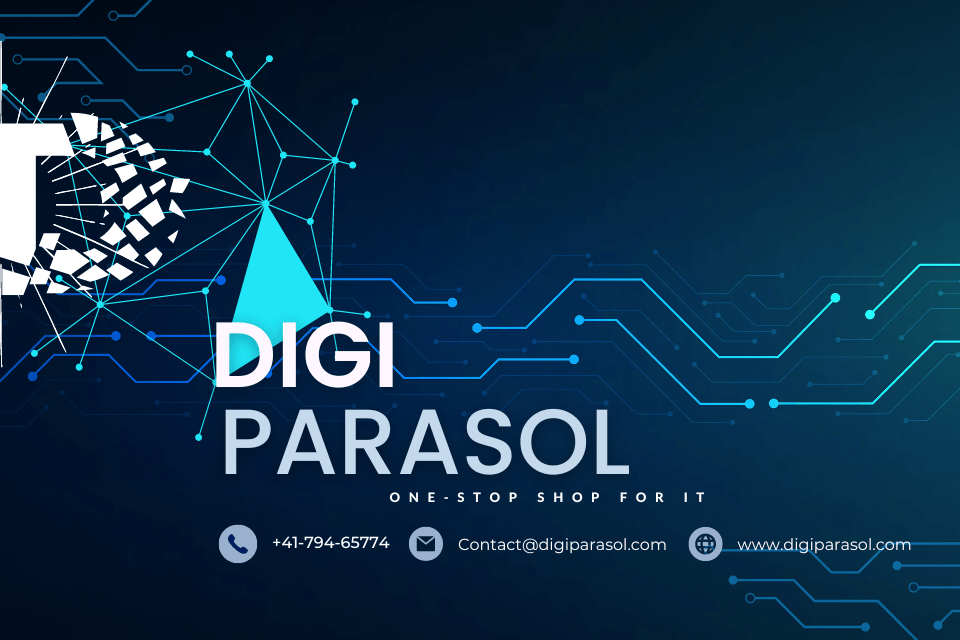Introduction
Artificial Intelligence (AI) has the potential to revolutionize the field of education by providing personalized learning experiences for students. By leveraging AI technologies, educators can tailor instruction and resources to meet the individual needs and preferences of each student, leading to improved learning outcomes and a more engaging educational experience. In this article, we will explore the benefits of leveraging AI for personalized learning, challenges that educators may face, and best practices for implementing AI technologies in the classroom.
Benefits of Leveraging AI for Personalized Learning
1. Customized Learning Experiences
One of the most significant advantages of using AI for personalized learning is the ability to create customized learning experiences for students. By analyzing student data, AI algorithms can identify each student’s strengths, weaknesses, learning styles, and preferences, and recommend personalized content and activities that cater to their individual needs. This personalized approach can help students stay engaged and motivated, leading to better learning outcomes.
2. Adaptive Learning
AI-powered adaptive learning systems can adjust the pace, content, and difficulty level of instruction based on students’ performance and progress. By continuously assessing students’ knowledge and skills, these systems can provide targeted feedback and support, helping students master concepts more effectively. This adaptive approach ensures that students are always challenged at the right level and can progress at their own pace.
3. Real-time Feedback
Another benefit of leveraging AI for personalized learning is the ability to provide real-time feedback to students. AI algorithms can quickly analyze student responses to questions, assess their understanding of concepts, and provide immediate feedback and suggestions for improvement. This instant feedback can help students identify areas of weakness, correct mistakes, and deepen their understanding of the material.
4. Enhanced Collaboration and Communication
AI technologies can facilitate collaboration and communication among students, teachers, and parents. For example, AI-powered chatbots can answer students’ questions, provide support, and offer personalized recommendations for further study. Additionally, AI systems can analyze communication patterns and interactions to identify potential issues or areas for improvement, enabling educators to intervene and provide targeted support when needed.
Challenges of Leveraging AI for Personalized Learning
While there are many benefits to using AI for personalized learning, educators may face several challenges when implementing these technologies in the classroom. Some of the key challenges include:
1. Access and Equity
One of the primary challenges of leveraging AI for personalized learning is ensuring equitable access to technology and resources for all students. Not all schools or students may have access to AI technologies, which can create disparities in learning opportunities. Educators must work to address these disparities and ensure that all students have equal access to personalized learning resources.
2. Data Privacy and Security
Another challenge of using AI in education is the need to protect students’ data privacy and security. AI systems collect and analyze vast amounts of data, including sensitive information about students’ academic performance, personal preferences, and behaviors. Educators must take steps to safeguard this data, comply with privacy regulations, and ensure that students’ information is protected from unauthorized access or misuse.
3. Teacher Training and Support
Implementing AI technologies in the classroom can require significant training and support for teachers. Educators may need to learn how to use AI tools, interpret data analytics, and integrate personalized learning practices into their teaching methods. Providing ongoing training and professional development opportunities can help teachers feel confident in using AI technologies effectively to support student learning.
Best Practices for Implementing AI in Education
To successfully leverage AI for personalized learning, educators can follow these best practices:
1. Start with a clear vision and goals for personalized learning.
Before implementing AI technologies in the classroom, educators should define their vision for personalized learning and set specific goals for how AI can support this vision. By establishing clear objectives and expectations, educators can ensure that AI tools are aligned with their pedagogical practices and desired learning outcomes.
2. Engage stakeholders and build consensus.
Effective implementation of AI technologies requires collaboration and buy-in from all stakeholders, including teachers, students, parents, administrators, and IT staff. Educators should engage stakeholders early in the planning process, solicit feedback and input, and build consensus around the benefits of using AI for personalized learning.
3. Pilot test AI tools and gather feedback.
Before scaling up AI technologies across the entire school or district, educators should pilot test different AI tools and platforms with a small group of students or classrooms. Gathering feedback from students and teachers can help identify areas for improvement, refine the implementation strategy, and ensure that AI technologies meet the needs of all learners.
4. Provide ongoing training and support for teachers.
To effectively use AI for personalized learning, educators need training, professional development, and ongoing support. Schools and districts should invest in teacher training programs, workshops, and resources to help educators build their skills in using AI technologies, interpreting data analytics, and integrating personalized learning practices into their teaching.
Conclusion
Leveraging AI for personalized learning has the potential to transform education by providing customized learning experiences, adaptive instruction, real-time feedback, and enhanced collaboration among students, teachers, and parents. While there are challenges to implementing AI in education, such as access and equity, data privacy and security, and teacher training, educators can follow best practices to successfully integrate AI technologies into their teaching practices. By embracing AI for personalized learning, educators can help students achieve their full potential, cultivate a love for learning, and prepare for success in the digital age.

